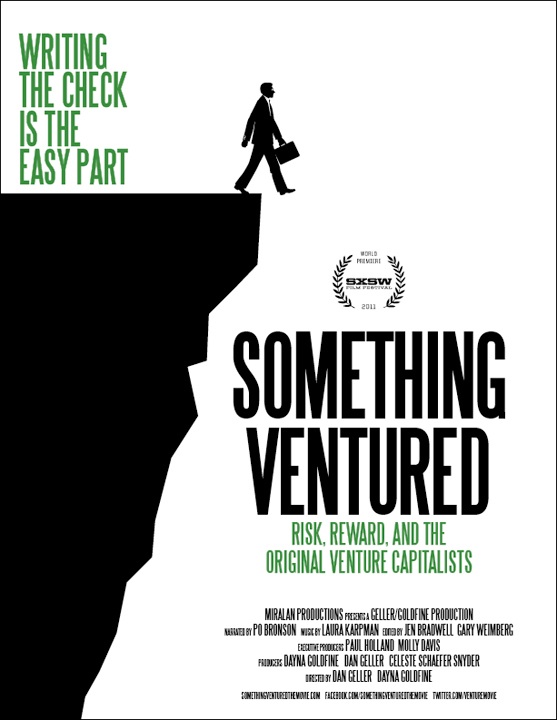Should Risk be Contextualized?

Should risk be contextualized?
The media is full of stories telling us how much risk there is “out there”. Whether its oil prices, fracking, stock markets, war in Syria, crowded cities, religious nutcases… its a wonder any of us make it through the week. Risk is real, but of course it needs a context.
Crossing the road is a risk, but looking each way, listening and crossing when its safe to do so makes it less risky. In such circumstances, we assume that we will make it to the other side – we don’t expect to collapse half way across or be struck by something falling from the sky…. or indeed someone driving something at 250mph.
So risk needs a context, we dismiss risk that is likely to be irrelevant, based upon our experience. We apply sensible practices (green cross code) and then make a judgement. We might be wrong, our “experience” may be under or over stating the actual risk.
For example, not swimming in the ocean for fear of being attacked and killed by a shark – yet the greater risk is drowning. You are more likely to be killed a mile from your home in an accident than being killed by a terrorist…. though I will of course quickly contextualize that to where your home is!
I don’t think its just me, but given all that has happened to investment markets in recent memory, I am always a little “alarmed” at how some businesses simply keep peddling the same myth… that becoming rich is easy.


Risk Warnings
So in a climate of anxiety about the state of the world, recent experiences of a credit crunch, a general concern and growing desire to state all risk warnings clearly. I was surprised and disappointed to see an advert on the home page of the London Stock Exchange website which is for a trading account, suggesting that you can become a trader in a matter of just 10 minutes. In all fairness, it doesn’t say become a good trader, a rich one – simply become one. I imagine that 10 minutes of investment experience of CFDs is likely to make you a very poor trader.
As it happens, this is trading CFDs… one of the more exotic forms of investing. I am not suggesting that Trade.com are a bad company, I have no way of telling if they are. What they offer ought to be aimed solely at wealthy investment experts who can afford to make enormous losses. I imagine that this would probably be who they also believe should be their target audience. However an advert on the LSE homepage, in fact two of them, rather implies something else… or is that just me? as for the risk warning… well “CFD trading is risky” (no kidding!).
Depending on who I listen to, even showing you the trade.com advert as I have above, might constitute a financial promotion… which may land me in trouble. Clearly I do not believe it is. I have made it very clear that there is a context for showing the advert, doing so and unless you fall into the category of the target audience that I have identified in the paragraph above, you would be mad to consider this an endorsement or worse still “advice”. Yet this plays into the current mindset of the day – blame someone else when something goes wrong.
If you ever switch on a commercial radio station, you will be aware of some adverts that end with someone talking very quickly about the terms and conditions of credit being made available, typically for car adverts. I might suggest that this is rather unnecessary, as anyone with half a brain that wants to take up such an offer has ample time to do some research to check the terms carefully, nobody is picking up a phone or firing an email off ordering a car (or whatever) as soon as the advert ends.
Somewhere there is a sensible amount of warning (about the potential for loss) for any type of investment or financial transaction. Clearly, we seem far from this (from my point of view). Why even bring this to your attention? Simply – just because the stock market is “risky” does not mean that other forms of investing are less risky, some are, most aren’t. Buying property abroad or a tree farm, ethanol plant, storage pod or whatever via your pension, is almost certainly a bad decision.
Dominic Thomas
Solomons IFA
You can read more articles about Pensions, Wealth Management, Retirement, Investments, Financial Planning and Estate Planning on my blog which gets updated every week. If you would like to talk to me about your personal wealth planning and how we can make you stay wealthier for longer then please get in touch by calling 08000 736 273 or email info@solomonsifa.co.uk